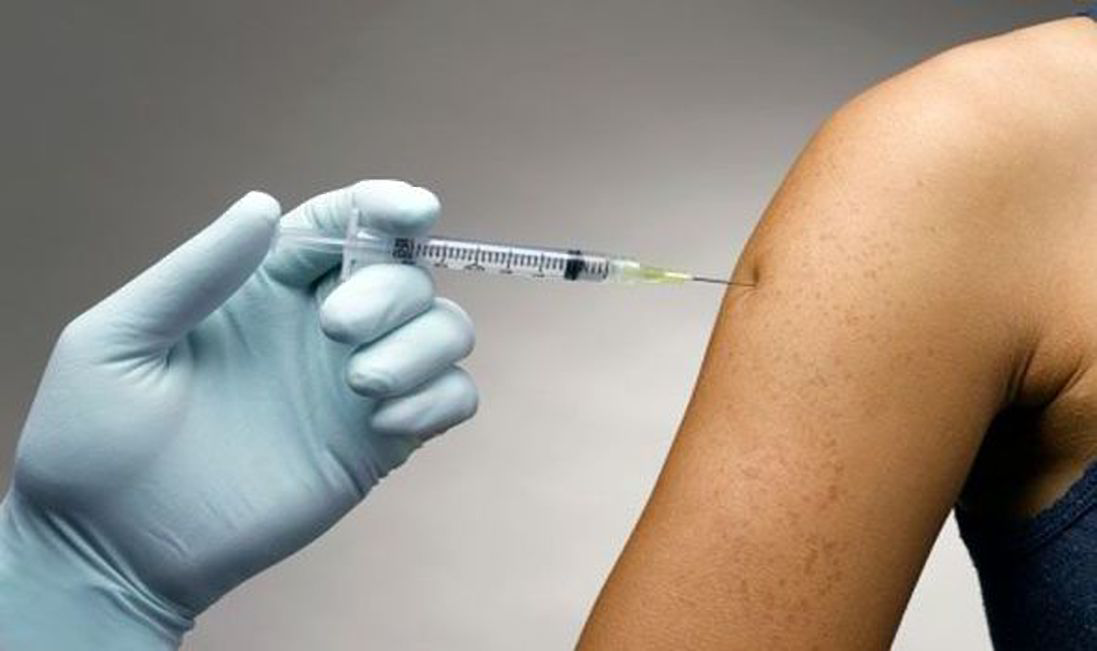An experimental cancer vaccine that can up our immune system’s ability to fight cancers could work in pair with other cancer therapies to combat aggressive tumors, reports a new research published recently in the journal Proceedings of the National Academy of Sciences.
The research team from Scripps Research Institute showed that when a molecule called Diprovocim is added to a vaccine, it can bring cancer-fighting cells to tumor sites. They conducted experiments in mice with melanoma and the results indicate that these vaccines could raise the chances of recovery in cases where a drug therapy alone is not effective.
“This co-therapy produced a complete response–a curative response–in the treatment of melanoma,” said Dale Boger, Scripps Research Professor, PhD, who also co-led the study with Nobel laureate Bruce Beutler, MD, of UT Southwestern.
This vaccine also helps the immune system to fight tumor cells should these cells ever return, which is something that could be a great help for preventing cancer recurrence. “Just as a vaccine can train the body to fight off external pathogens, this vaccine trains the immune system to go after the tumor,” Boger explained.
Diprovocim, developed by Boger and Beutler, functions as an “adjuvanta”-which is molecule added to a vaccine that can inflame the body’s immune response. This molecule can be synthesized easily in the lab and easy to modify- which makes it attractive in the field of medicine. This new study shows that adding Diprovocim to a vaccine that targets cancer cells can lead to dramatic results.
The researchers tested the vaccine who had a form of infamous aggressive melanoma. All the mice in the experiment were given the anti-cancer therapy anti-PD-L1. They were then split into three different groups: eight had received the cancer vaccine, eight received the cancer vaccine plus Diprovocim, and the other eight received the cancer vaccine and also an alternative adjuvant called alum.
The researchers saw that there was a 100 percent survival rate over 54 days in the mice who were given the cancer vaccine and Diprovocim, while there was a zero percent survival rate in mice who were only given the cancer vaccine and a 25 percent survival rate in mice who had been given the cancer vaccine with alum. “It was exciting to see the vaccine working simultaneously with a cancer immunotherapy like anti-PD-L1,” said Boger.

